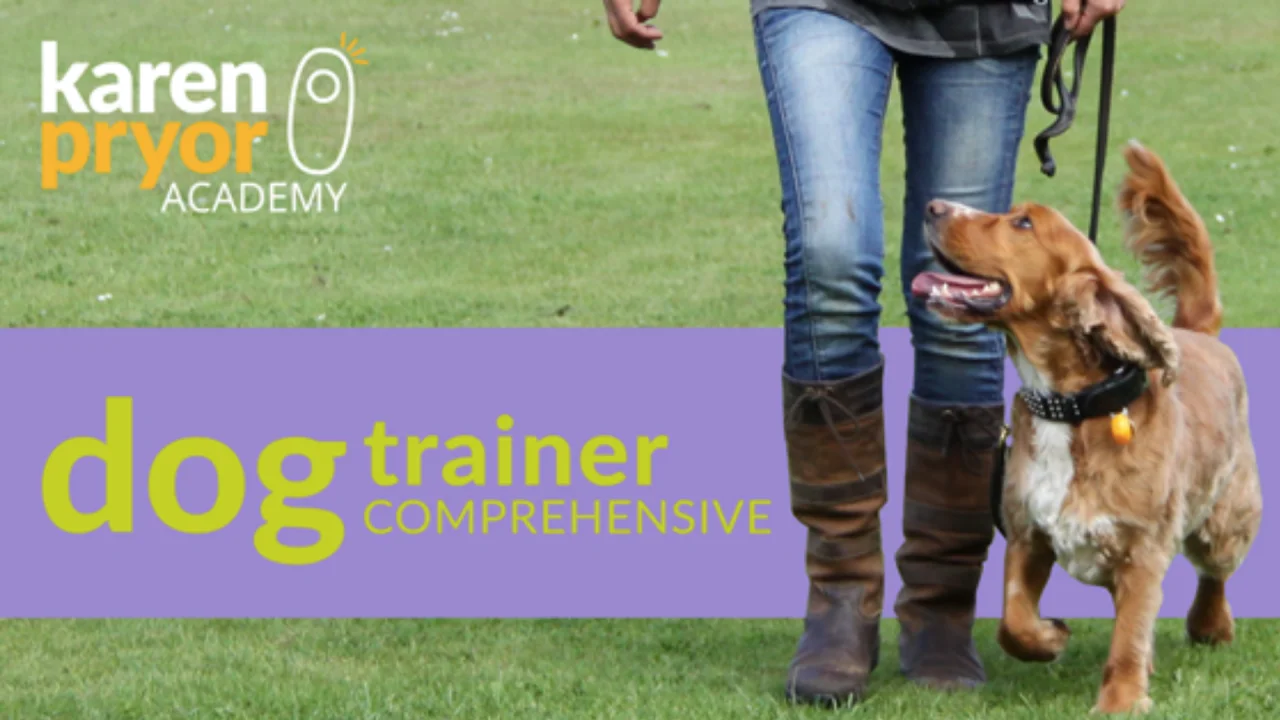Discovering Choices for Dog Training Charlotte: What You Required to Know
Discovering Choices for Dog Training Charlotte: What You Required to Know
Blog Article
Unlock Your Pet's Prospective: Proven Canine Training Techniques for Success
Effective canine training is a nuanced procedure that rests on recognizing canine behavior and employing scientifically backed approaches. Dog training. By integrating positive support, establishing clear commands, and prioritizing socialization, pet dog owners can cultivate an effective relationship with their animals. However, obstacles usually develop that require customized services and a patient technique. Checking out these proven approaches reveals not just the potential for behavioral renovation however additionally the deeper bond that can be developed between owner and pet. What important approaches must be thought about to absolutely unlock your pet dog's possibility?
Recognizing Dog Habits
Comprehending pet actions is vital for reliable training and cultivating a favorable relationship between canines and their proprietors. A thorough understanding of canine body movement, vocalizations, and social interactions is important for acknowledging their demands and feelings. Pets communicate primarily through non-verbal cues; as an example, a wagging tail may suggest enjoyment, while pinned ears can indicate concern or entry.

Furthermore, ecological factors play a significant function fit a pet's habits. Adjustments in routine, brand-new surroundings, or the visibility of unknown people can cause stress or anxiousness in dogs. Identifying these triggers enables owners to minimize unfavorable responses and develop ideal training techniques.
Inevitably, a deep understanding of dog habits lays the structure for successful training techniques, boosting both habits and the total bond between the canine and its proprietor. dog training near me. This expertise is indispensable for promoting a well-adjusted, satisfied canine companion
Positive Support Strategies
Effective training depends greatly on positive reinforcement methods, which have actually been revealed to yield significant cause forming desired habits in pet dogs. This approach involves awarding a pet dog for showing specific behaviors, thus raising the likelihood that these habits will be duplicated. Incentives can take numerous forms, consisting of deals with, appreciation, playthings, or play, depending on what motivates the individual canine.

It is important to gradually terminate rewards as the pet dog finds out the behavior, transitioning to recurring support. This technique keeps the behavior gradually while preventing reliance on consistent rewards. By concentrating on favorable reinforcement, fitness instructors can grow a relying on relationship with their pet dogs, advertising a cooperative and healthy and balanced training environment that enhances general obedience and efficiency.
Establishing Regular Commands
An essential aspect of effective dog training is the establishment of constant commands. Consistency in commands is vital for effective communication in between the canine and the fitness instructor. When commands are consistent, pets learn to associate particular words with preferred habits, which speeds up the training procedure and boosts understanding.
To develop regular commands, it is essential that all family members use the same terminology and gestures. If one individual makes use of "rest" while one more states "sit down," it can create confusion for the dog. Select clear, distinctive words for commands and ensure every person associated with the pet's training sticks to these options.
Furthermore, repeating is key. Reinforce commands through constant technique, making sure that the pet dog gets adequate opportunities to respond appropriately. When a pet dog effectively follows a command, prompt favorable reinforcement should adhere to. This can be in the type of treats, appreciation, or playtime, solidifying the link between the activity and the command.
Last but not least, be individual. Establishing constant commands takes time and initiative. With dedication and quality, you will aid your canine create a strong understanding of assumptions, eventually bring about a well-behaved friend.
Socialization and Direct Exposure
Socializing a pet dog is important for cultivating a certain and well-adjusted companion. This procedure involves revealing your canine to a selection of environments, people, and various other animals to establish their social abilities and adaptability. Early socialization, preferably in between the ages of three to fourteen weeks, is important, as it lays the groundwork for a pet dog's future actions.
During socializing, aim to supply positive experiences in different settings, such as parks, active roads, and homes with other pet dogs. Present your dog to different stimulations, consisting of sounds, sights, and smells, making certain that each experience is rewarding. This exposure assists mitigate worry and anxiousness, leading the way for an extra resistant dog.
Involving in regulated group play sessions with various other pets can likewise improve social skills, teaching your pet dog ideal interactions and boundaries. Focusing on socializing will substantially contribute to your dog's total joy and behavior throughout their life.
Overcoming Common Educating Difficulties

An additional frequent issue is disturbance. Dogs may have a hard time to concentrate in busy or unknown setups. Gradually desensitize your canine to disturbances by starting training in a peaceful atmosphere and gradually presenting more stimulations as they come to be competent (dog training charlotte nc). Favorable reinforcement techniques, such as treats and praise, can keep inspiration and emphasis.
In addition, behavior issues like jumping or too much barking can come to be discouraging. Address these by showing alternative behaviors, such as resting steadly when welcoming guests. Consistency and perseverance are critical; enhance preferred behaviors continually and stay clear of scolding, which can lead to complication.
Finally, recognize that each pet is special, and training timelines may differ. Tailor your approach to your pet's private needs, and look for expert advice if needed. With determination and the right methods, conquering these challenges can bring about a well-trained, satisfied canine buddy.
Verdict
Finally, unlocking a pet's prospective demands a detailed approach that integrates an understanding of canine behavior, the application of positive reinforcement methods, and the facility of constant commands. Early socializing and exposure to varied environments better enhance a pet dog's adaptability and confidence. By resolving common training obstacles with tailored methods and patience, a unified and participating partnership in between dog and handler can be cultivated, ultimately causing a mannerly friend capable of thriving in numerous circumstances.
Efficient pet dog training is a nuanced process that hinges on recognizing canine behavior and utilizing clinically backed approaches.Understanding dog habits is essential for effective training and promoting a favorable connection in between pets and their proprietors.Reliable training relies heavily on Continue positive reinforcement techniques, which have been shown to yield significant results in shaping desired behaviors in canines. When commands are uniform, canines discover to connect particular words with preferred habits, which accelerates the training process and enhances understanding.
In conclusion, unlocking a dog's potential demands a comprehensive strategy that includes an understanding of canine actions, the application of favorable reinforcement techniques, and the establishment of consistent commands.
Report this page